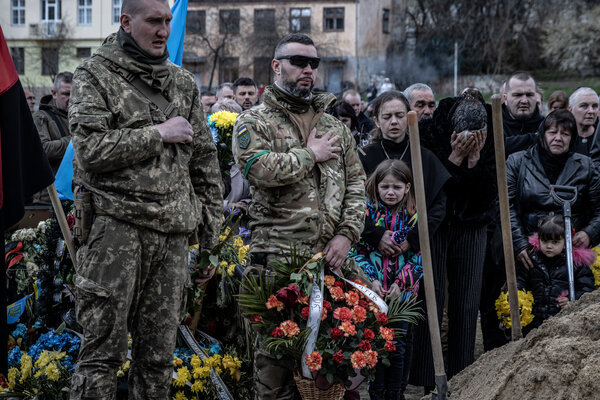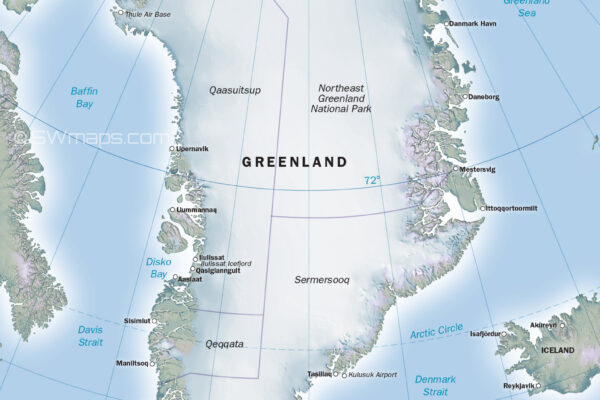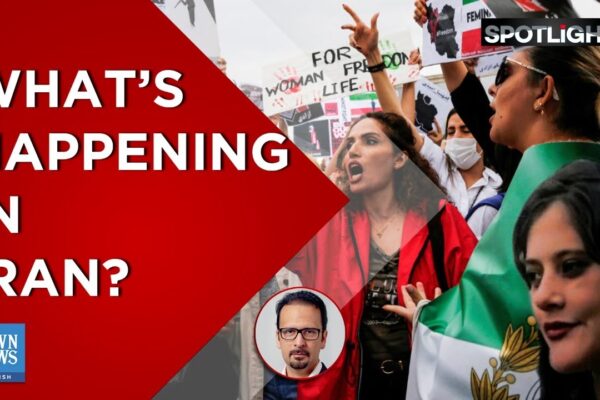
Introduction
The conflict between Russia and Ukraine, which began in 2014, has continued to escalate into 2023, capturing international attention and affecting global geopolitics. Understanding this conflict is crucial, as it not only impacts the countries involved but also has significant implications for global security, energy prices, and international relations.
Recent Events
As of October 2023, the situation on the ground remains tense. Ukrainian forces have continued to push back against Russian advances in eastern Ukraine, particularly around key cities like Bakhmut and Soledar. Reports indicate that Ukrainian troops have made significant territorial gains in the region, bolstered by continued military support from Western nations, including the United States and members of the European Union.
President Volodymyr Zelensky has been vocal about the necessity of sustained military aid, emphasizing that Ukraine’s ability to repel Russian aggression is critical not only for its sovereignty but also as a warning against authoritarianism globally. In recent weeks, NATO has reinforced its commitment to Ukraine, with joint exercises and increased troop deployments in Eastern Europe to deter further Russian expansion.
On the diplomatic front, tensions have risen with the recent leaks of intelligence reports suggesting that Russia is considering further escalations in its military strategies. Analysts warn that any significant escalation on Russia’s part could lead to a broader conflict, potentially drawing in NATO forces. Both sides are reportedly preparing for a long winter of fighting, as resource allocations for both military and civilian survival become increasingly strained.
Negotiations and International Response
Efforts for peace talks have been sporadic, with previous negotiations stalling due to deep-seated distrust between the parties. The international community has largely condemned Russia’s actions but faces challenges in reaching a unified stance on sanctions and interventions. While some nations advocate for stronger sanctions against Russia, others urge caution, fearing a direct confrontation could have catastrophic consequences.
Conclusion
The ongoing conflict between Russia and Ukraine remains a focal point of global concern, and the implications of its developments will be felt across many countries. As winter approaches, both military and humanitarian challenges will test the resilience of Ukraine and the international community’s resolve to respond. Stakeholders worldwide must continue to monitor the situation closely, as its resolution may redefine global power dynamics and set precedents for handling similar conflicts in the future.
You may also like

Understanding the Significance of the Greenland Map

Current Events: What’s Happening in Iran

Djibouti: A Strategic Gateway in East Africa
SEARCH
LAST NEWS
- Remembering Wendy Richard: The Promise to Co-Star Natalie Cassidy
- How Did Anglian Water Achieve an ‘Essentials’ Rating for Mental Health Accessibility?
- Shai Hope Leads West Indies in T20 World Cup Clash Against South Africa
- What We Know About Weston McKennie: Future at Juventus and Past at Leeds
- What We Know About the Upcoming Live Nation Antitrust Trial